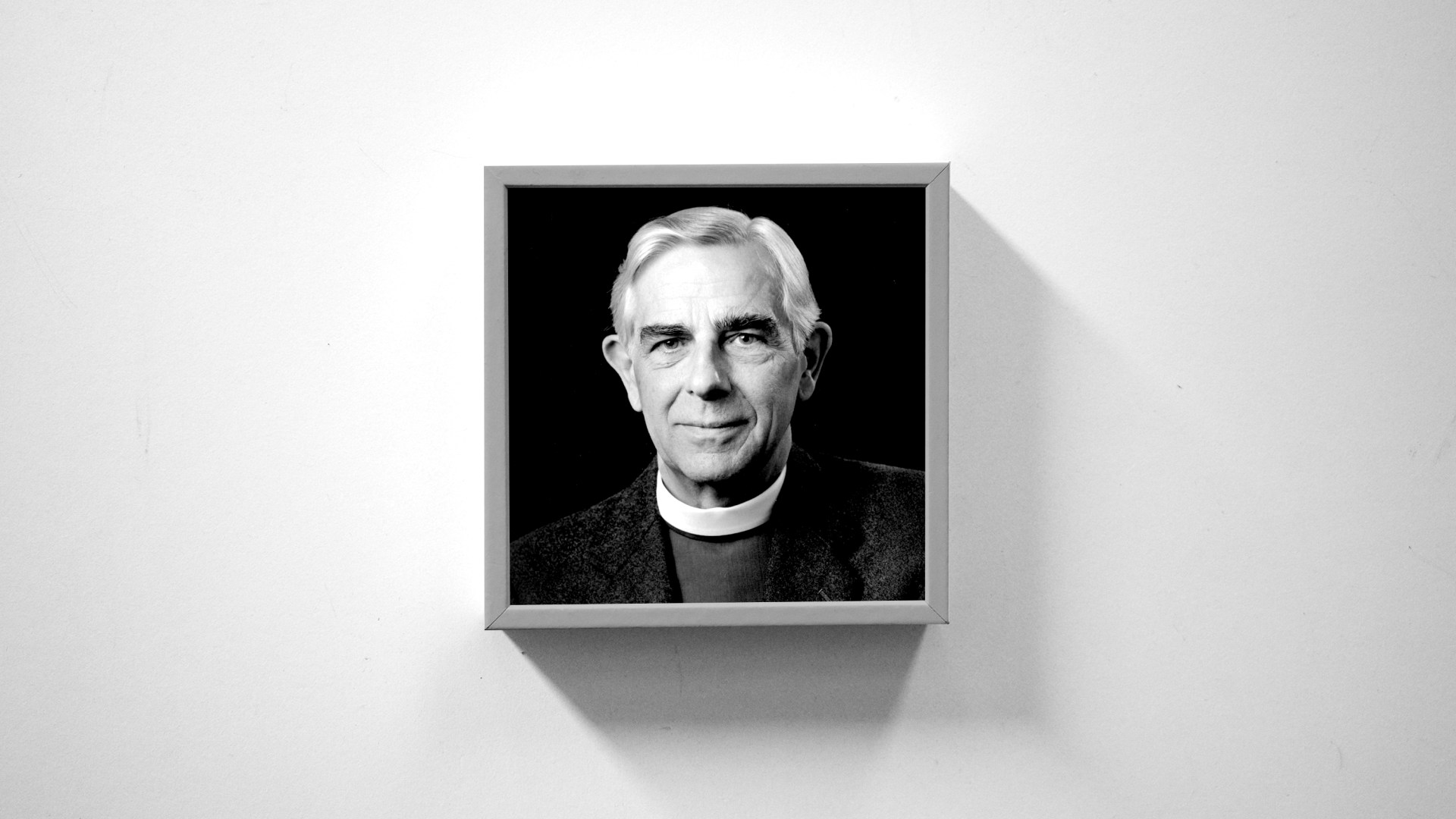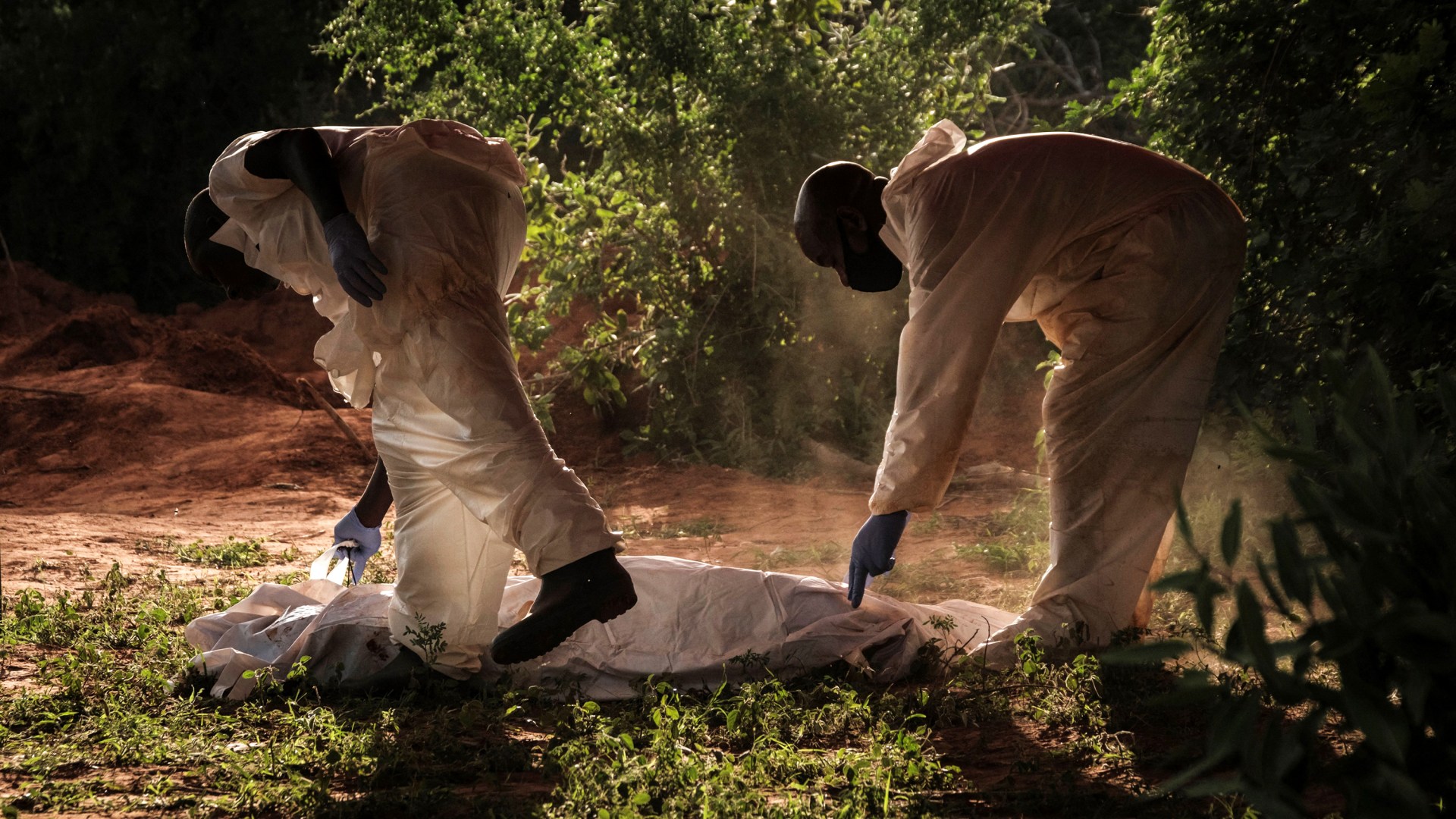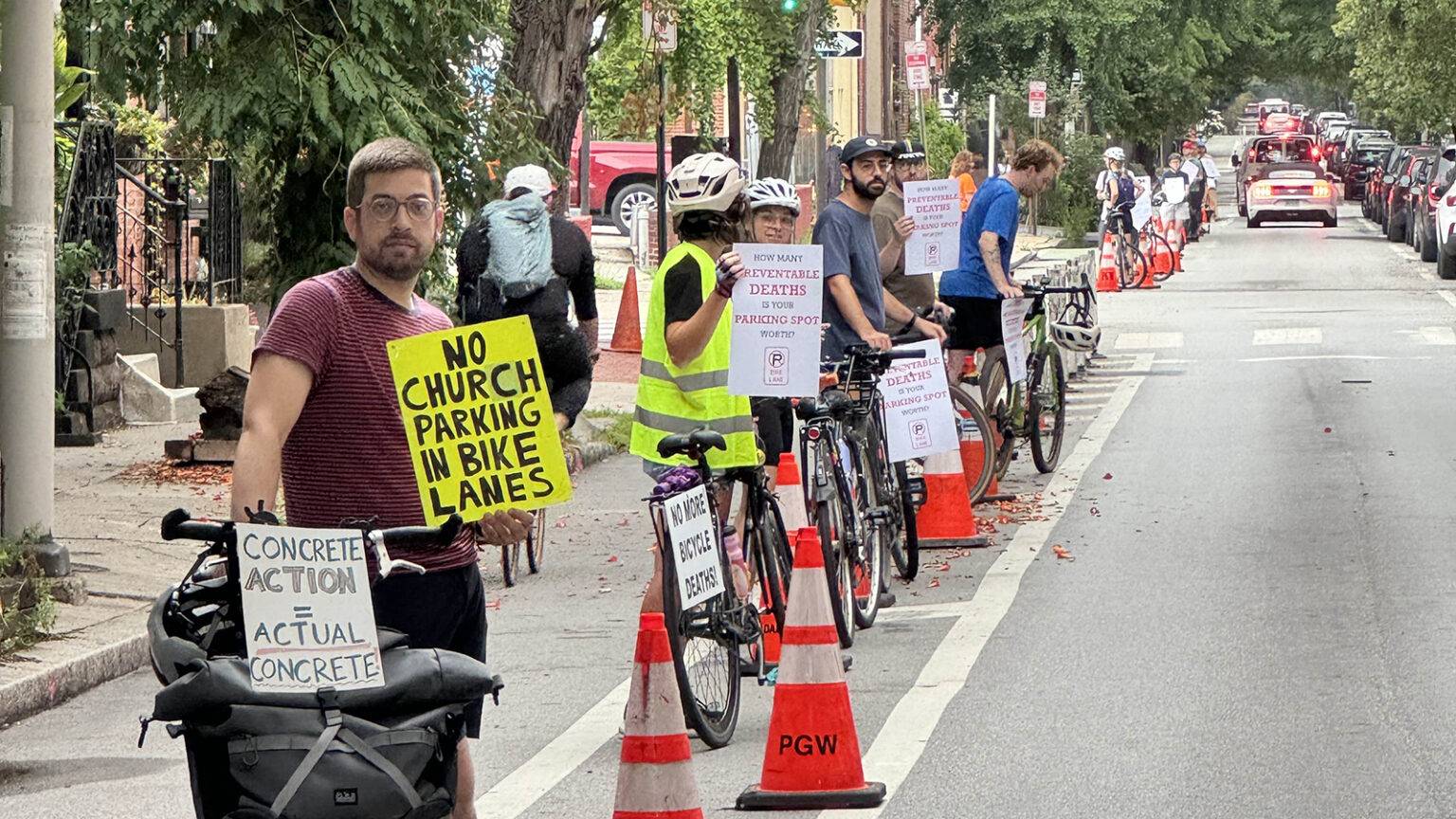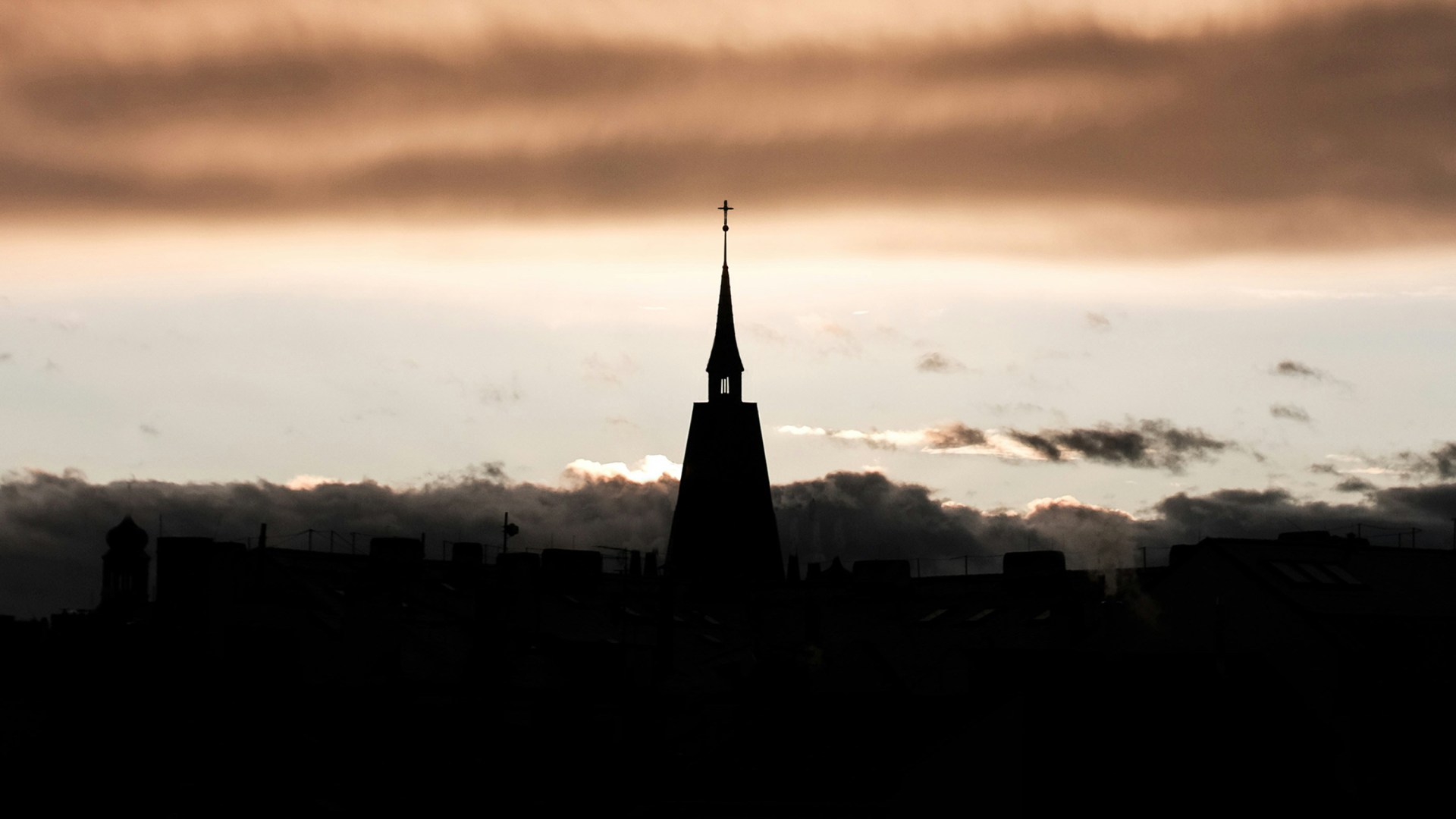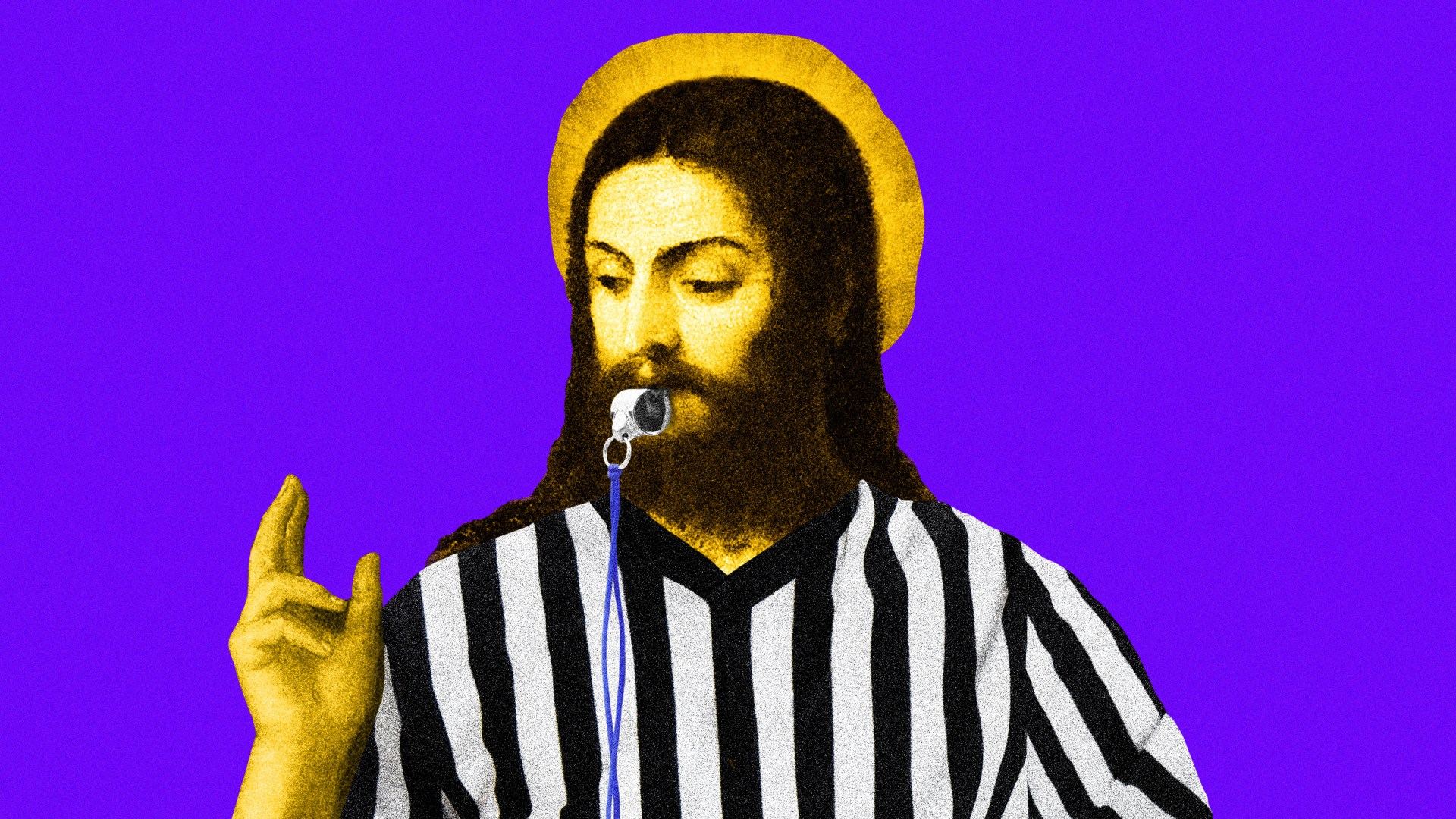Not long after Frances Tagaloa accepted Christ at 16, she started experiencing flashbacks.
Over the next few years, Tagaloa began piecing together long-buried memories and came to recognize that she had been sexually abused between the ages of five and seven by a Catholic Marist Brother who taught at a school in the Auckland suburb of Ponsonby.
Tagaloa only told her parents about the abuse years later, after getting married and having children, because talking about the issue was taboo in her father’s Samoan culture, and she didn’t want her parents to blame themselves.
Her mother approached the Catholic Church in New Zealand around 1999, but Tagaloa, 56, decided not to speak with them —until three years later, when she heard the Marist Brothers were going to name a classroom after the perpetrator, Bede Fitton.
When Tagaloa met with a Catholic counselor, she wanted an apology and for Fitton’s honors to be removed. Instead, the Catholic church offered her financial compensation. Tagaloa suggested that they donate the money to the evangelical ministry where she worked.
“I was really disappointed in the process,” she said. “I remember thinking that was just a big waste of time.”
Two decades later, another opportunity arose for Tagaloa to hold the Catholic Church accountable.
The ministry leader became the first witness in the Catholic hearing with New Zealand’s Royal Commission of Inquiry, an independent body established in 2018 to investigate abuse and neglect that children and adults faced while in the care of state and faith-based institutions between 1950 and 1999.
On July 24, the Royal Commission released its final report, which found that an estimated 256,000 out of 655,000—or nearly 1 in 3—children, young people, and adults were “exposed to pervasive abuse and neglect” in state and faith-based care across the country.
Survivors included those from Pākehā (European), Māori, and Pacific Islander backgrounds as well as people who lived with mental and physical disabilities. Māori or Pacific Islanders made up the majority of those in care and were disproportionately subject to racial and cultural discrimination, as well as higher levels of physical abuse compared to other ethnicities.
Christians comprise New Zealand’s largest religious group, making up 37 percent of the population, according to the 2018 census. But believers’ responses to the Royal Commission’s 3,000-page report have been largely muted, say the survivors, advocates, and pastors that CT interviewed.
Evangelical reactions to the report range from those who are “deeply aware” to others who “barely notice and say, This is not us,” said Stuart Lange, national director of the New Zealand Christian Network.
“Personally, I have been very disappointed at the responses from the faith-based sector,” said Baptist pastor Alan Vink. “I have kept a close eye on the media, and to date, there has not been even a statement acknowledging wrongdoing, let alone any comments about redress.”
The report’s publication evoked a “mixed bag of feelings,” said Hera Clarke, who was part of the Māori advisory group during the inquiry and serves as the commissary for reconciliation and restoration in the Anglican Church in Aotearoa, New Zealand and Polynesia.
“There are 200,000 survivors, and we’ve only been able to touch the tip of the iceberg.”
Safeguarding and listening
The Royal Commission investigated eight religious groups in its six-year-long probe: the Catholic Church, the Anglican Church, the Methodist Church of New Zealand, the Presbyterian Church of Aoetearoa New Zealand, the Salvation Army, Gloriavale Christian Community, Plymouth Brethren Christian Church, and Jehovah’s Witnesses.
The inquiry team wrote that “at the beginning of the Inquiry period, faith-based institutions were among the largest providers of residential care for children in Aotearoa New Zealand.”
Many of these churches ran children’s homes, unmarried mother’s homes, adoption and foster services, schools, and residential institutions. The Royal Commission also included situations where a person with authority in a religious institution provided pastoral care to an individual as a part of faith-based care.
Education was “the most common pathway” into faith-based institutions where people suffered physical, emotional, mental, and sexual abuse. Investigators also found that sexual abuse was more prevalent in faith-based settings than in state care. The report added: “Many survivors died while they were in care or by suicide following care.”
In October 2022, faith-based groups issued responses and statements during a public hearing held by the Royal Commission. Since the final report’s release this July, some churches included in the inquiry published statements that acknowledged and apologized for the harm caused.
“We acknowledge and take full responsibility for our failures to provide the safe, caring, and nurturing environment those who have been in our care had a right to expect and to receive,” wrote Anglican archbishops Don Tamihere, Justin Duckworth, and Sione Ulu’ilakepa.
“We are profoundly sorry for the suffering experienced by those in our care,” said the Salvation Army’s chief secretary Gerry Walker.
The Presbyterians convened a task force on July 31 to identify and recommend necessary steps to take based on the report’s findings. The Methodists, meanwhile, created a liturgy of lament ahead of the report’s release.
Lange, the New Zealand Christian Network national director, noted that evangelical churches have grown to recognize the need to implement more robust systems to protect children and youth in recent years. “A key response of every church must now be to be extremely vigilant, and do everything we possibly can to prevent abuse ever happening in our own spaces,” he wrote in an email newsletter to members.
Two months ago, Vink, who pastors Te Whānau Pūtahi, a congregation in the North Island city of Hamilton, reached out to the heads of many of these denominations, circulating a draft statement he wrote in hopes of issuing a joint response. Although he initially received positive feedback, Vink later heard that the churches would not be proceeding with this initiative.
“To be honest, the government has done a better job [than the church],” he said.
The Sunday after the report’s release, Vink gave a sermon at his church where he highlighted updates to safeguarding policies, including making their complaints policy more visible and introducing a new whistleblowing procedure. He closed with a reflection on Matthew 18:15–17, which focuses on dealing with sin in the church.
That same Sunday, Gracecity—a multiethnic charismatic church in Auckland—included a time of prayer and confession in their services. The church also published a YouTube video in which senior pastor Jonathan Dove outlined ways Christians can respond when the topic of abuse in faith-based care arises.
“Some Christians, in a desire to protect the church, come across [as] defensive,” Dove shared with CT in an email. “When hearing about the stories of horrid abuse in faith-based care, I wanted to ensure our church members responded with care, prayer, aroha (love), and a non-defensive posture.”
In the past year, Gracecity has introduced greater oversight over its preschool, children, and youth ministries, such as providing a complaints process with the option for an external review, updating their safeguarding policies, and training ministry staff and volunteers to identify signs of abuse.
Other Christians are carving out safe spaces for survivors within their churches.
Clarke, the Māori Anglican leader, listened to 317 survivor accounts in her role as commissary. For her, the work of encouraging, supporting, and providing room for survivors to share their experiences is ongoing.
With the report’s release, Clarke is now planning to hold workshops in various dioceses for Māori Anglican believers on what the recommendations from the report, such as establishing an independent “Care Safe Agency,” would look like.
“I, alongside our bishops and archbishops, take responsibility for what’s happened in the church,” she said. “How the [abuse] has impacted survivors and their families is unacceptable.”
Rising advocacy efforts
In its investigation of religious groups that employ high control—such as the Gloriavale Christian Community and Plymouth Brethren Christian Church—the Royal Commission found that authoritarian leadership and the ostracism and punishment meted out to those who leave the groups often perpetuated psychological and spiritual abuse.
Some Christians are helping people leave these religious communities. Liz Gregory, manager of Gloriavale Leavers’ Support Trust, founded the charity in 2019 to help former Gloriavale members reintegrate into society after they started showing up at her Reformed Baptist church in Timaru, four-and-a-half hours away from the commune.
Australian preacher Neville Cooper founded the Gloriavale Christian Community, a reclusive religious sect of about 700 that settled on the west coast of New Zealand’s South Islands, in 1969. In 1994, a New Zealand court found Cooper guilty of three counts of sexual assault, while Gloriavale’s current leader, Howard Temple, is facing 27 counts of sexual offending against girls between 9 and 20 years old.
At least 270 people have left Gloriavale in the last decade, and Gregory’s church is one of the places they often turn to for help in rebuilding their lives.
When the Royal Commission’s inquiry first launched in 2018, it only pledged to look into state care. As Gregory mowed her lawn, she felt powerless and began praying: Lord, I don’t understand. Why is no one doing anything? This is horrific. Who else cares about the people in Gloriavale?
The answer came quickly to her: Her church cared. So did survivors who still had family members in the group. Together, they could do something.
Gregory and other believers gathered Gloriavale survivors together and asked if they wanted the religious group to be brought to account. The survivors agreed, and Gregory invited the Royal Commission’s inquiry team to Timaru, where survivors shared witness statements and testimonies on the abuse they had endured.
The survivors are also currently seeking a declaration that Gloriavale is guilty of modern-day slavery due to labor exploitation on the commune and that the New Zealand government failed in its obligations to humanity in an upcoming court case, Gregory said.
The secretive group says on its website that it seeks to live out a practical Christian life with perfect obedience to God. It emphasizes living in community—like the early church in Acts—and uniformity, where everyone must think, act, and speak the same, said Gregory.
“[Gloriavale leadership] think they’re Moses … but really, they’re like Pharaoh,” she said. “They’re actually those people binding people into slavery. … And our message to them is: Let these people go.”
Another high-control group included in the inquiry is the Plymouth Brethren Christian Church, which has 50,000 members across New Zealand, Australia, Europe, the Americas, and the UK. Its members believe that current leader Bruce Hales is “a manifestation of the Holy Spirit or the Paul of our day,” said Lindy Jacomb, who left the group 15 years ago at the age of 20.
Thirty-two survivors shared accounts of abuse or neglect within the group to the inquiry team. The Plymouth Brethren acknowledged only five allegations of abuse and “does not necessarily accept that these incidents occurred within its care,” the report stated.
When the Brethren excommunicated Jacomb for not accepting their doctrines and theology, she stayed with a Baptist couple. “They showed me everything that church was supposed to be,” she said. “They became a new family in Christ for me.”
Last November, she launched the Olive Leaf Network, a charity that aims to provide support and networking opportunities for people who leave high-control religious groups.
Many faith-based care survivors felt like they had to fight to be included in the Royal Commission’s inquiry, Jacomb said.
“Even after being included, many people have felt there was still a bias toward minimizing their harm … [and the government] having far too much faith and trust in the institutions that abused them,” said Jacomb. Many of these religious groups have also hired legal advisors and spent considerable funds to get legal advice, she added.
Seeking redress
For Jacomb, the report’s “forced exposure does not bring about true repentance” among religious groups. In her view, genuine repentance would include a public apology by faith-based leaders.
“I’m still waiting for my apology,” said Tagaloa, the abuse survivor. She has not received an in-person apology from the Catholic Church to date, only apologies communicated through the media or via email.
The New Zealand Catholic Bishops Conference issued an apology to victims and survivors in 2021. After the release of the final report, the Catholic Church thanked the Royal Commission for their work and committed to reviewing the report and taking steps to make their communities safe.
Another important aspect of repentance in the survivors’ view is an independent redress system, one of 138 recommendations outlined by the Royal Commission.
Redress encompasses financial compensation as well as physical, emotional, and psychological rehabilitation. It also includes holding the perpetrators or enablers responsible, preventing further abuse, and apologizing for the abuse.
In Canada, where more than 150,000 Indigenous children attended residential schools and suffered physical, verbal, sexual, and spiritual abuse, the government and 325 First Nations settled a class-action lawsuit in 2023 that sought about $2 billion in reparations for losing their culture and language through the school system. In July, they also reached an agreement to reform the country’s First Nations Child and Family Services Program.
New Zealand’s proposed independent redress scheme, known as puretumu torowhānui in Māori, was first recommended by the Royal Commission in 2021 to “help ensure there is consistency and equity in the outcomes for survivors.”
At present, most survivors have to return to the institution that abused them to receive compensation, which may retraumatize them. It also incorporates a “huge imbalance of power,” said Tagaloa.
During the inquiry, the team uncovered evidence of attempts to hide or cover up abuse within faith-based groups like the Anglican Church, the Catholic Church, Presbyterian Support Otago, and the Gloriavale Christian Community. Leaders destroyed records, moved perpetrators between institutions, or prevented survivors from reporting their abuse.
“I would strongly question whether these groups can be trusted at all to manage their own redress processes,” Jacomb said. “How can the survivor have any sense of confidence or trust that this institution is going to have their best [interest] at heart?”
Among its latest list of recommendations for faith-based entities, the Royal Commission’s report also called for the groups to work closely with the proposed establishment of a Care Safe Agency, to ensure care standards are up to par, and create a national registry of people in ministry who may pose a risk to vulnerable children and adults.
“I believe that the Christian church should acknowledge wrongdoing and express deep sadness to all the survivors,” Vink said. “We should be quick to offer full and comprehensive redress arrangements. In biblical language, this would be known as ‘restitution.’”
To other survivors of faith-based abuse, Tagaloa has one encouragement to share: Look to Christ.
“Jesus is probably the only God I know who was also abused,” she said. “He understands the experiences we’ve gone through because he’s experienced abuse.”
“That kind of God [who] loves us unconditionally, forgives, and also wants to know us personally, is the type of God I want to know—a God [who] will give us the opportunity to experience freedom and hope.”







